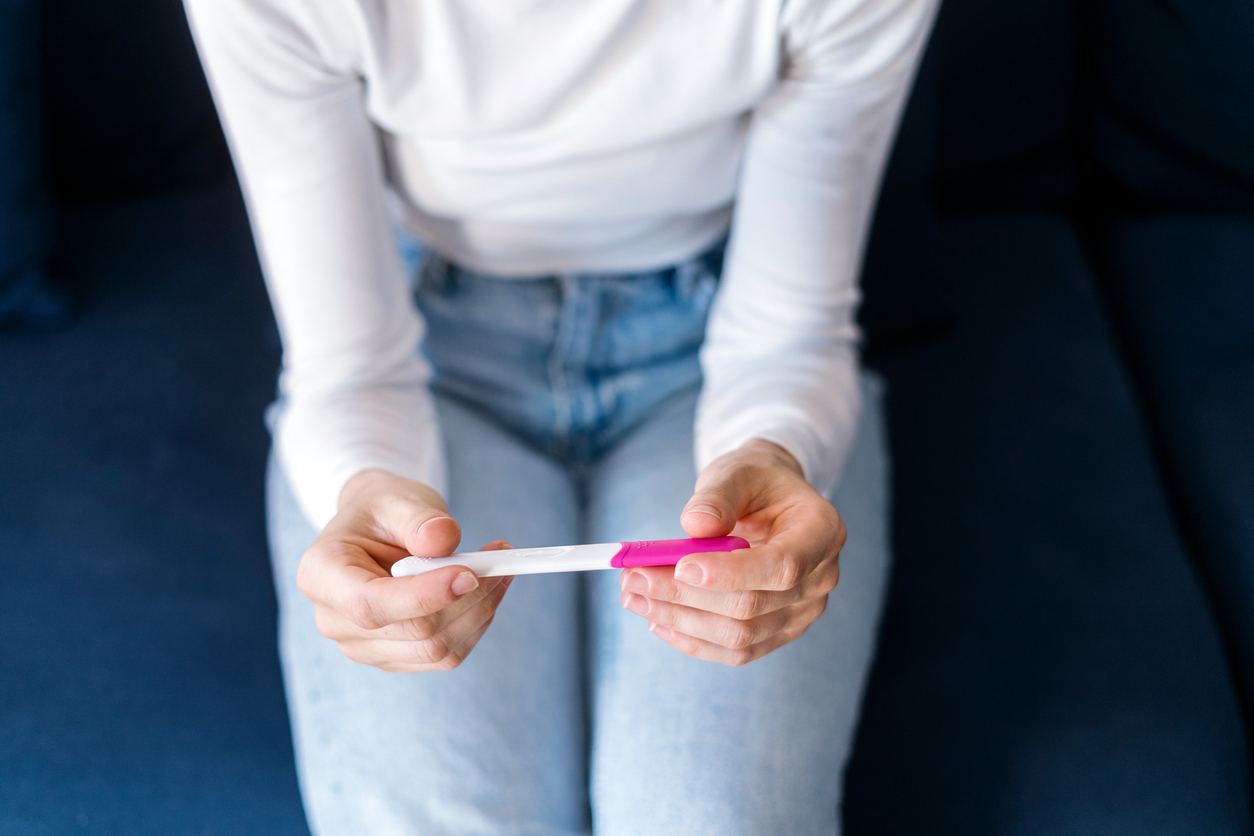
Am I Pregnant? Common Early Signs to Watch For
Pregnancy can bring a mix of emotions—excitement, nervousness, and everything in between. Your body will undergo all sorts of subtle changes, some more apparent, as it begins this incredible journey. Understanding the early signs of pregnancy can help you mentally and physically prepare for the path ahead.
Sometimes, the signs can be tricky to recognize since many early pregnancy symptoms can feel like your regular menstrual cycle or other conditions. But by paying close attention to your body and knowing what to look for, you can better recognize when you might be pregnant.
Today, the OB/GYN Associates of Alabama will walk you through the common early signs of pregnancy and prepare you to confidently navigate this exciting chapter.
Early Signs Of Pregnancy
The female body has distinct ways of letting you know that a little one is on the way, some of which you may not expect. Here are the most common early signs of pregnancy:
Irregular Periods
One of the earliest signs of pregnancy is a missed or irregular period. Once an egg is fertilized and implants in the uterus, your body starts producing a hormone called hCG (human chorionic gonadotropin), which stops your body from releasing eggs and triggers a pause in menstruation. If your period is late or lighter than usual, it might signify pregnancy.
Tender & Swollen Breasts
As your body prepares for the potential arrival of a new life, hormonal changes can cause your breasts to become tender, swollen, and enlarged. This happens because the body increases levels of estrogen and progesterone, preparing the breasts for milk production.
You may notice that your breasts feel heavier and sensitive. While this can be uncomfortable, it should not be reason for concern; it’s a very common sign that your body is adjusting to pregnancy.
Nausea
“Morning sickness” is one of the most well-known pregnancy symptoms, though nausea while pregnant can strike at any time of day. Recent studies suggest that morning sickness is caused by a hormone called GDF15 in the brainstem.
Nausea typically starts around the sixth week of pregnancy and can last through the first trimester or longer for some women.
Frequent Need to Urinate
As your body gears up to support a growing baby, your kidneys start working harder, which can lead to more frequent trips to the bathroom. Hormones like hCG increase blood flow to your pelvic area and kidneys, which is why you might notice the need to urinate more often. As your uterus expands, it puts additional pressure on your bladder, making the urge even stronger.
Fatigue
Feeling unusually tired is another early sign of pregnancy. The surge of hormones and the physical demands of carrying a growing baby can leave you feeling drained.
During the first trimester, your body is working hard to establish the placenta and support the rapid development of the embryo. Your body is working hard behind the scenes, and that extra effort can make you feel fatigued, even after a full night’s sleep.
When To Take A Pregnancy Test
If you think you might be pregnant, a home pregnancy test can be a helpful tool. These tests work by detecting the hormone hCG (human chorionic gonadotropin) in your urine.
For the most accurate results, take the test about a week after your missed period, when hCG levels are usually high enough to show up. Some sensitive tests can even detect pregnancy before you miss a period.
Be sure to follow the test instructions closely and carefully read the results. If you get a positive result, make an appointment with your healthcare provider to confirm the pregnancy and start prenatal care.
Other Factors That Can Mimic Pregnancy Symptoms
While the signs we’ve mentioned are often linked to pregnancy, other factors can cause similar symptoms. These include:
- Hormonal imbalances
- Stress
- Certain medications
- Thyroid disorders
- Polycystic ovary syndrome (PCOS)
- Perimenopause or menopause
If you’re noticing symptoms but your pregnancy test came back negative, check in with a healthcare provider. They can help rule out any underlying medical conditions and get to the root of what’s going on.
Seeking Medical Advice From A Trusted OB-GYN
So you might be pregnant; where do you turn next? If you think you might be pregnant or have a positive home test, it’s time to schedule an appointment with a trusted OB/GYN. A specialist will help guide you through pregnancy and childbirth, ensuring you get the care you need.
At The OB/GYN Associates of Alabama, we know how important it is to have the right support during this life-changing time. Our experienced team of obstetricians and gynecologists will guide you through a safe, healthy pregnancy, giving you and your baby the best possible care.
Don’t wait—take the first step toward a healthy, happy pregnancy by scheduling your appointment with The OB/GYN Associates of Alabama today. Let us be your partners as you begin this incredible journey to motherhood.
Your Journey to Motherhood Begins Here: Trust Our Expert Obstetrics Care
At OB/GYN Associates of Alabama, we understand that each and every pregnancy is a unique journey. Our experienced team of obstetricians can provide compassionate, personalized care from your first appointment through delivery.
Whether it’s your first pregnancy or your fourth, we’re dedicated to supporting you every step of the way. Schedule your consultation today and let us guide you through a healthy, happy pregnancy.
To schedule, you can request an appointment online today or give us a call at (205) 271-1600.


